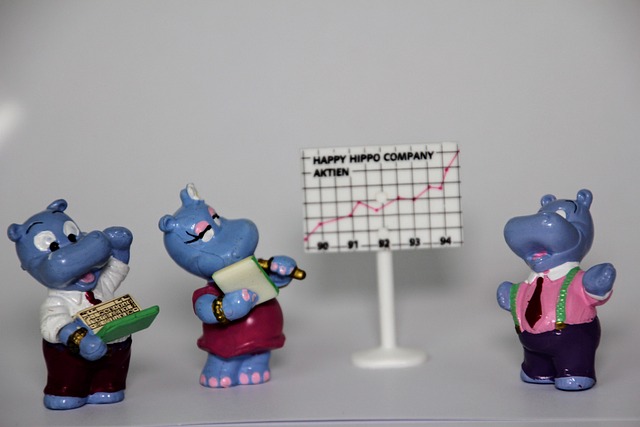Though INFPs and INFJs share many traits, their careers often differ because of their cognitive functions and approach to work.
Here’s a breakdown of how their career preferences and strengths vary:
1. Key Career Differences
| Trait | INFP | INFJ |
|---|---|---|
| Focus | Personal values and creative self-expression. | Visionary leadership and guiding others to achieve long-term goals. |
| Work Style | Flexible and independent, preferring creative freedom. | Organized and strategic, preferring structure and clear purpose. |
| Motivation | Doing work that feels personally meaningful and aligned with values. | Making a positive impact on others or society through well-thought-out plans. |
| Approach to People | Deeply empathetic but prefers one-on-one connections or working solo. | Skilled at guiding and mentoring, often taking on leadership or coaching roles. |
| Decision-Making | Relies on personal authenticity and emotional resonance (Fi). | Focuses on harmony, insight, and serving the collective good (Fe). |
2. INFP Career Traits
- Primary Focus: Creativity, authenticity, and personal meaning.
- Strengths:
- Creativity and storytelling.
- Strong personal values.
- Empathy and emotional insight.
- Work Environment: Prefers autonomy and flexibility; dislikes rigid structures and routines.
- Ideal Careers: Writing, art, counseling, freelance work, or roles in nonprofits.
Example Careers for INFPs:
- Writer, poet, or novelist.
- Therapist, counselor, or social worker.
- Graphic designer or illustrator.
- Nonprofit advocate or humanitarian worker.
- Freelance artist or content creator.
3. INFJ Career Traits
- Primary Focus: Long-term vision, creating harmony, and helping others.
- Strengths:
- Strategic thinking and organization.
- Insight into others’ motivations.
- Natural leadership and mentorship abilities.
- Work Environment: Thrives in structured environments with a clear purpose; enjoys collaboration but needs time to recharge.
- Ideal Careers: Coaching, teaching, leadership roles, or careers in psychology and social planning.
Example Careers for INFJs:
- Psychologist or life coach.
- Teacher, professor, or educational consultant.
- Social justice advocate or mediator.
- Writer with a focus on self-help, strategy, or personal development.
- Corporate trainer or HR professional.
4. Key Career Considerations
- INFP: Prefers careers where they can explore creativity and values without being tied to strict systems or rules.
- INFJ: Enjoys structured roles where they can strategically guide others or create systems for long-term impact.
5. Shared Careers and Differences in Approach
- Counseling/Therapy:
- INFP: Focuses on emotional connection and authenticity with clients.
- INFJ: Takes a more structured, strategic approach to helping clients achieve specific goals.
- Writing:
- INFP: Prefers fiction, poetry, or personal expression.
- INFJ: May focus on self-help, educational content, or strategic messaging.
- Advocacy:
- INFP: Works passionately for causes they feel deeply about, often independently.
- INFJ: Organizes or leads efforts to achieve long-term societal change.
6. How to Choose Based on Your Personality
- If you prefer freedom, creativity, and personal expression, you lean toward INFP careers.
- If you enjoy planning, structure, and guiding others, you lean toward INFJ careers.












